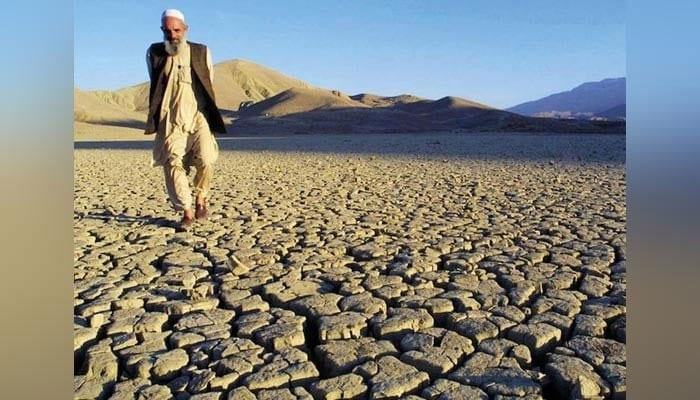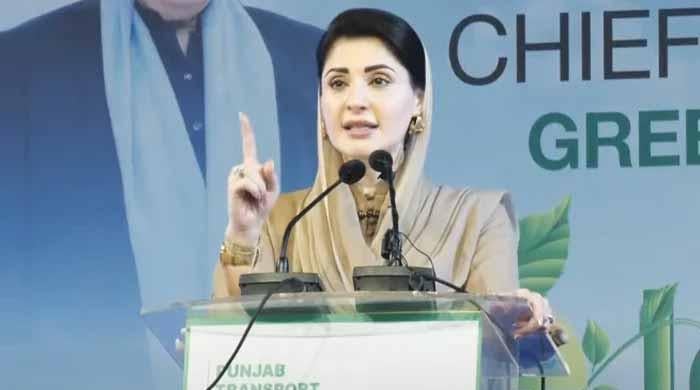'Climate change breaking records as collective action falls short'
“For our part, Pakistan is aligned with the commitments of Paris Agreement," says Senator Sherry Rehman
May 03, 2023

“As we approach the Global Stocktake at COP28, I see global records being broken by climate change, while actions taken to match pledges fall short,” said Federal Minister for Climate Change and Environmental Coordination Senator Sherry Rehman while underscoring the need for making collective efforts by the global community to act with urgency.
“We’re in a race against time, and gatherings like these are crucial in dispelling the growing climate cynicism that has taken hold across the world, particularly among the youth," she added.
However, it’s imperative that we move beyond talk and take action, especially in the case of countries and big businesses that fail to align with global carbon budgets and our Paris Agreement goals, the minister further said.
The minister was representing Pakistan at the Petersberg Climate Dialogue in Berlin, a high-level political discussion on climate cooperation and Global Stocktake ahead of the COP28 in UAE.
Speaking to the media on the first day of the ministerial dialogue, Rehman said: “For our part, Pakistan is aligned with the commitments of the Paris Agreement, and we look forward to a real change in the glacial pace of climate finance, adaptation and mitigation in our collective efforts, as developing countries such as Pakistan are actually facing climate catastrophe but face significant obstacles in securing the necessary funding to meet their climate goals.”
She added: “While developed countries received 52% of climate finance in 2022, developing economies only received 48%, despite representing 80% of the world population. This is particularly alarming as developing countries, including Pakistan, have limited access to international climate finance. Pakistan requires $348 billion between 2022 and 2030, representing 10.7% of its cumulative GDP, to meet its climate needs.”
She further elaborated that according to the UNFCCC Standing Committee on Finance, 78 developing countries that have submitted their NDCs require a staggering $6 trillion until 2030 to meet their financial requirements under the Paris Agreement.
The senator also highlighted that a clear definition of climate finance is essential for transparency and accountability in the distribution and use of climate finance. She stressed that the international financial architecture must be restructured to make climate finance more accessible to developing nations.
“The slogan that we should “leave no one behind” will become meaningless if accessing climate finance remains out of reach for developing and vulnerable countries.









